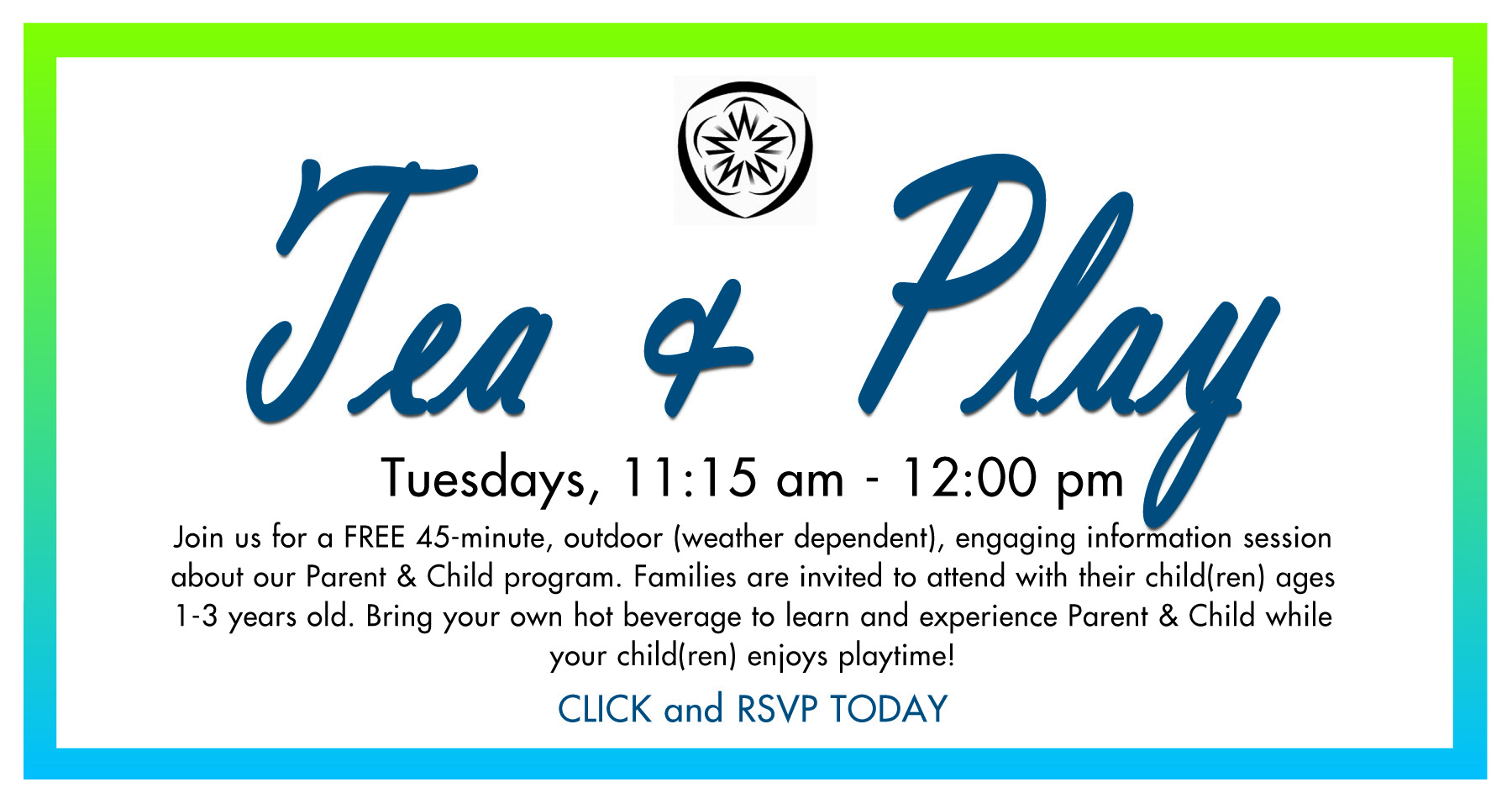Outdoor Education: Beyond Environmentalism
Unstructured play outdoors brings challenges and experiences so beneficial that they cannot be replaced by any other activity. Whether for play, observation, appreciation, scientific exploration or purposeful activity—time outdoors is absolutely essential to learning and child development.
In fact, scientific research has touted the benefits of time outdoors for the past 30 years. When it involves studies with children, the focus has primarily been around physical health, psychological health, behavioral influence, and cognitive functioning. The results are astounding. Study after study shows that time spent outdoors plays an essential role in better learning and overall health, well being, and brain functioning for children of all ages.
Time in nature even pays off in our test-obsessed education paradigm. Students who learn in outdoor educational environments do better not just on cognitive tests, but also on curriculum tests. In other words, Nature-smart kids get higher test scores.
For schools that embrace and encourage outdoor time as part of a school’s daily curriculum through extended recess time, environmental study, service work, outdoor education, or time spent tending the school garden, the benefits are well documented.
Take for example, this most recent children-in-nature study published in Proceedings of the National Academy of Sciences in May of 2015. A global team of researchers found that 7-10 year olds with higher levels of exposure to nature (at home, school, and during commuting) did better on cognitive tests. “We observed an enhanced 12-mo progress in working memory and superior working memory and a greater 12-mo reduction in inattentiveness associated with greenness within and surrounding school boundaries and with total surrounding greenness index (including greenness surrounding home, commuting route, and school).”
Benefits extend beyond memory and attention as well. In his book, Building for Life: Designing and Understanding the Human-Nature Connection (Island Press, 2005), Dr. Stephen R. Kellert of Yale University synthesizes decades of research on the benefits of children playing outdoors.
He concludes, “Play in nature, particularly during the critical period of middle childhood, appears to be an especially important time for developing the capacities for creativity, problem-solving, and emotional and intellectual development.”
This article, Resurrecting Free Play in Young Children: Looking Beyond Fitness and Fatness to Attention, Affiliation and Affect, agrees and expands upon Kellert’s findings. Published by the American Medical Association, also in 2005, its authors synthesize years of research to summarize how nature play boosts the following skills:
- Cognitive – creativity, problem-solving, focus and self-discipline.
- Social – cooperation, flexibility, and self-awareness.
- Emotional – stress reduction, reduced aggression and increased happiness.
Their conclusion? “Children will be smarter, better able to get along with others, healthier and happier when they have regular opportunities for free and unstructured play in the out-of-doors.”
This study from the California Department of Education found that students in environment-based instructional programs score as well or better on standardized testing in reading, math, language and spelling. And a second study by The American Institutes for Research, also submitted to the California Department of Education, found that students receiving week-long residential outdoor education programs showed, “A 27% increase in measured mastery of science concepts; enhanced cooperation and conflict resolution skills; gains in self esteem; gains in positive environmental behavior; and gains in problem-solving, motivation to learn, and classroom behavior.”
Even simple outdoor study opportunities can provide significant results. This study, published in Journal of Environmental Education, shows that school gardens positively impact children’s learning and behavior. In a review of research, author Dorothy Blair from Penn State University found children active in school garden programs scored better on tests of science achievement. They also displayed more positive food consumption behavior. Blair also added, “Qualitative studies documented a wider scope of desirable outcomes, including an array of positive social and environmental behaviors.”
In Waldorf Education, the outdoor curriculum often includes Forest and Farm early childhood programs, school gardens and outdoor horticulture study, science observation and environmental work, camping and hiking experiences, extensive outdoor free play, and multiple opportunities for outdoor class time in other subjects. Children often have field trips that center on outdoor activity and school campuses, even in large cities, prioritize access to green space.
This is yet another way in which Waldorf pedagogy strives to educate the whole child — cognitive, creative, and social — to inspire a lifelong love of learning and help our students contribute to the world in a meaningful way.
